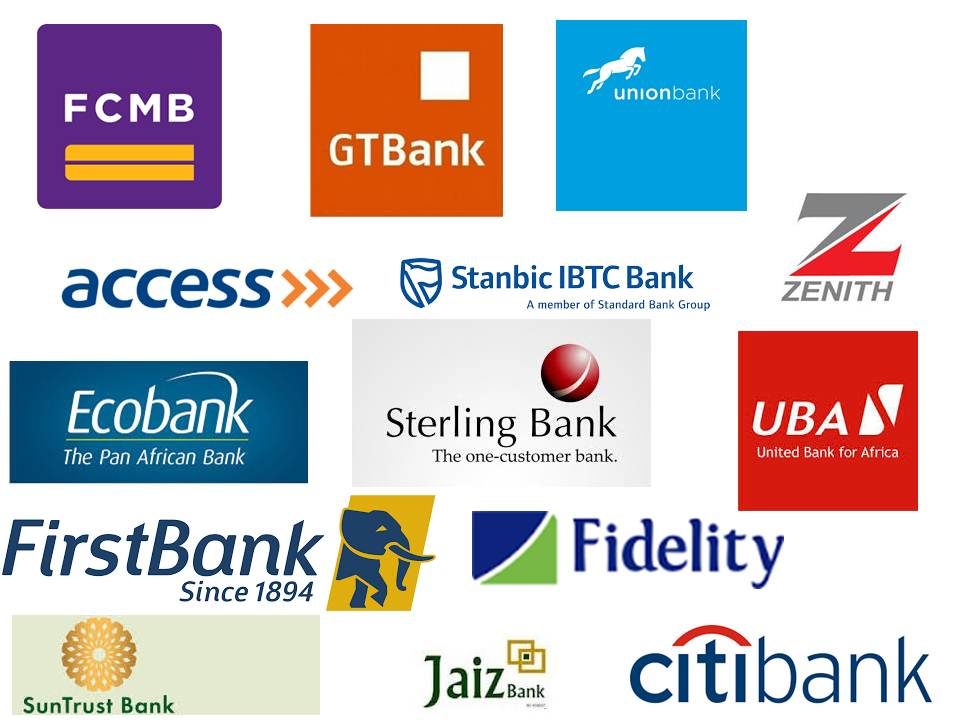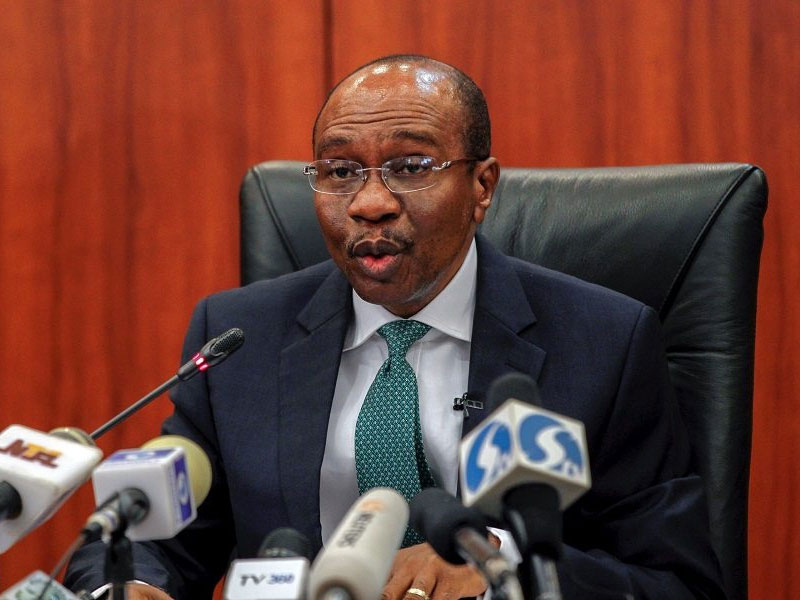HSBC has ruled out talks on cryptocurrency trading.
Gatekeepers News reports that HSBC, a British multinational investment bank and financial services holding company, declared that it has no plans to begin a cryptocurrency trading desk or offer the digital coins as an investment to customers.
HSBC’s Chief Executive, Noel Quinn explained that the decision was because they are too volatile and lack transparency.
Quinn’s statement comes as the world’s biggest and best-known, Bitcoin, plunged nearly 50% from the year’s high, after China cracked down on mining the currency and prominent advocate Elon Musk tempered his support.
It marks it out against rivals such as Goldman Sachs (GS.N) had restarted its cryptocurrency trading desk, UBS (UBSG.S) which was exploring ways to offer the currencies as an investment product.
“Given the volatility, we are not into Bitcoin as an asset class, if our clients want to be there then of course they are, but we are not promoting it as an asset class within our wealth management business,” Quinn said.

“For similar reasons, we’re not rushing into stablecoins,” he told Reuters while referring to digital currencies such as Tether that seek to avoid the volatility typically associated with cryptocurrencies by pegging their value to assets such as the U.S. dollar.
Gatekeeper News reports that on Monday, Bitcoin traded at $36,387, down nearly 50% in just 40 days from its year high of $64,895 on April 14.
Pressure on the currency intensified after the billionaire Tesla (TSLA.O) Chief Executive and cryptocurrency backer Musk reversed his stance on Tesla accepting Bitcoin as payment.
Quinn noted that he was a believer in Central Bank Digital Currencies (CBDCs), which several countries including the United States and China are working on.
“CBDCs can facilitate international transactions in e-wallets more simply, they take out friction costs and they are likely to operate in a transparent manner and have strong attributes of stored value,” he said.
HSBC is already in talks with several governments about their CBDC initiatives, including countries such as Britain, China, Canada and the United Arab Emirates, according to Quinn.
Quinn opened up that his scepticism of cryptocurrencies partly stemmed from the challenge of assessing the transparency of who owns them, as well as problems with their ready convertibility into fiat money.
“I view Bitcoin as more of an asset class than a payments vehicle, with very difficult questions about how to value it on the balance sheet of clients because it is so volatile,” he said.
“Then you get to stablecoins which do have some reserve backing behind them to address the stored value concerns, but it depends on who the sponsoring organisation is plus the structure and accessibility of the reserve.”







